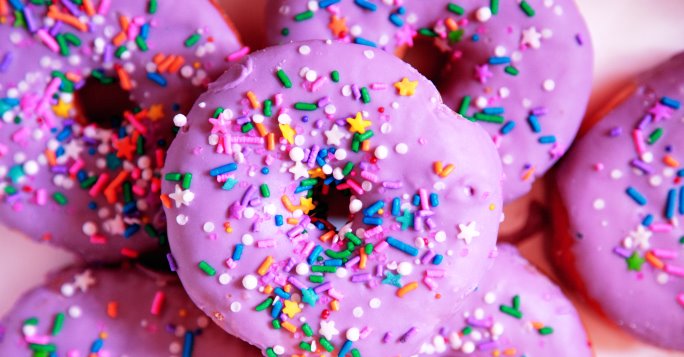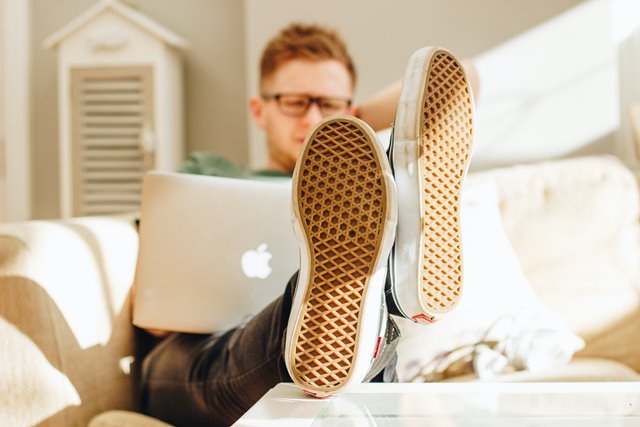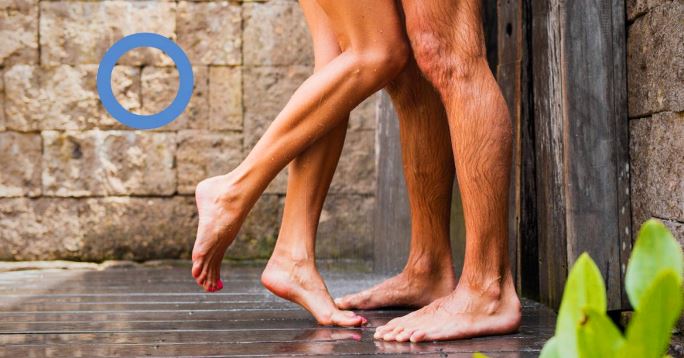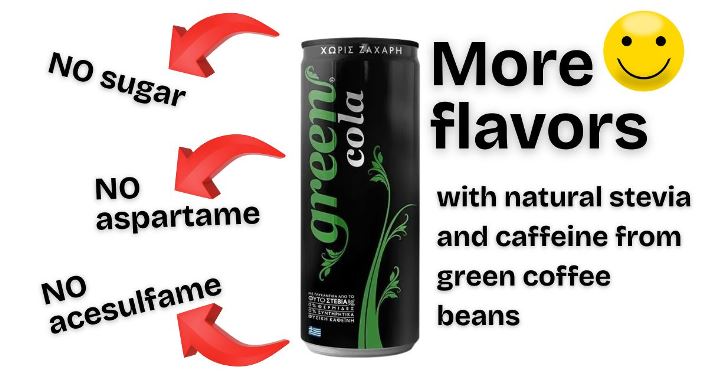Warning about a sensitive topic: For some individuals, overeating during low blood sugar episodes can lead to other eating disorders, including bulimia, unhealthy calorie restriction, and insulin omission. If you’re struggling with your relationship with food in any way, you are not alone.
Low blood sugar levels can be terrifying. Even after consuming 15 grams of carbohydrates to treat a mild to moderate low, you might feel physically drained for a long time afterward. One of the toughest symptoms of low blood sugar? The desperate craving for food.
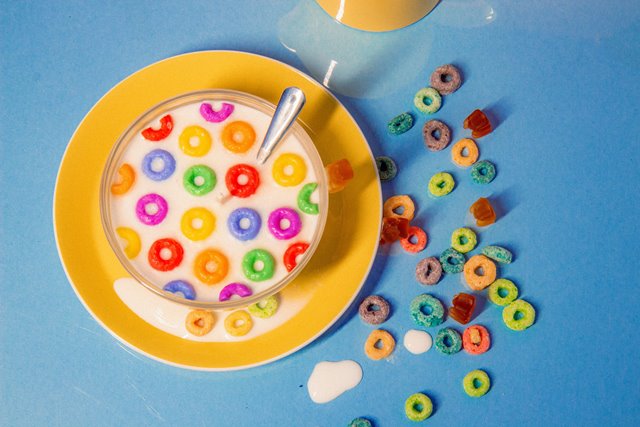
When your blood sugar drops, your brain practically begs you to keep eating. It doesn’t stop. A persistent, desperate voice echoes through every part of your mind: Eat more! Eat more! More, more!
However, overeating during and after a low blood sugar episode can impact your life in many ways.
If you frequently overeat during lows, you may struggle with:
- feelings of guilt and shame,
- taking large insulin doses to correct subsequent high blood sugar (which can lead to another low),
- feeling stuck with hours of poor blood sugar levels,
- emotional and physical exhaustion,
- high levels of diabetes-related frustration,
- using lows as an excuse to binge on foods you’ve labeled as “bad,”
- excessive weight gain or difficulty losing weight,
- feeling out of control and experiencing anxiety.
As much as your brain pleads with you to keep eating, there are strategies to prevent overeating during your next low blood sugar episode. These approaches helped me in my early 20s, and I hope they’ll help you too.
Tip 1: Avoid using “treat foods” to manage low blood sugar
If you turn to tempting treats, like sugary cereals or ice cream, during a low, you’re setting yourself up for trouble. Can you honestly stop at just one spoonful of ice cream in that situation? I know I can’t.
Besides, you won’t even enjoy that ice cream under those circumstances—what a missed opportunity for true indulgence!
Instead, choose fast-acting carbs that don’t overly appeal to you. Personally, I go for Skittles or gummy candies. These types of carbs aren’t so enticing that I’m tempted to binge on them.
Save the ice cream for a time when your blood sugar is stable, and you can thoughtfully calculate the insulin dose needed to genuinely enjoy it.
This approach also spares you the guilt that can come from eating foods like ice cream in a reactive state. Diabetes can significantly affect your relationship with food. I allow myself one dessert a day, giving me the freedom to enjoy what I love without bingeing.
Think about the fast-acting carbs you would choose—ones that won’t trigger overeating—and stock up. Keep them at home, in your office, gym bag, car, and on your nightstand.
Then, set a rule for yourself: When I have low blood sugar, my chosen food is what I’ll use (unless it’s absolutely unavailable).
Tip 2: Distract yourself with a healthy snack or drink
There are ways to distract yourself from the intense food cravings that come with low blood sugar.
Depending on the situation, here are a few options that work for me:
- A large glass of ice water: I find that cold water soothes my mind and cools every part of my brain.
- Chewing gum: Sometimes, the simple act of chewing can trick the brain that’s begging for more food. I might chew five pieces of gum, but that’s a far better option than eating five bowls of cereal.
- Snacking on carrots: For the same reason as above, chewing can distract the brain, and it’s hard to overeat carrots.
Your brain may not be as satisfied as it would be with a huge bowl of sugary cereal, but these strategies can help you overcome the overwhelming urge to eat in the early moments while your blood sugar stabilizes.
Tip 3: Step out of the kitchen and sit on your hands
Avoid lingering in the kitchen during a low blood sugar episode. Lie down on the couch or sit in a chair. Take deep breaths, close your eyes, and try to calm yourself. Be anywhere but the kitchen.
It also helps to keep fast-acting carbs by your bed so that, in the event of a nighttime low, you don’t have to go to the kitchen.
When your blood sugar drops, reach for your chosen carbs that aren’t overly tempting, then lie down or sit on your hands until the symptoms pass.
Tip 4: Remember, you decide how much food to consume during a low
This might not be a fun fact, but it’s true: Overeating is simply a habit that has become normalized in your life.
You control the amount of food you consume during a low. Yes, your brain might be pleading for more, but you can think logically and recognize what’s true about lows:
- It takes at least 15 minutes after eating to start feeling better.
- High-fat foods digest more slowly than fast-acting carbs.
- Your body doesn’t need 100 grams of carbs to recover from a low.
- Overeating during a low will leave you feeling miserable for the rest of the day.
No one forces you to overeat. Your brain may urge you to overindulge, but you can say no. Remind yourself that you are in control and decide how much to eat.
Think about the consequences of overeating and how the rest of your day will unfold if you give in to the cravings.
This is actually good news—you get to decide how much food you’ll consume during your next low.

Tip 5: Reflect on how overeating affects your day and life
Have you ever sat down (when your blood sugar is stable) and thought about all the ways overeating impacts your life? Make a list.
- How does it affect your diabetes?
- Your energy levels?
- Your weight?
- Your confidence?
- Your anxiety compared to feelings of calmness?
- Your relationship with food?
- Your relationships with others?
The more you consider the consequences of overeating during lows, the more in control you’ll feel, and it will be easier to remind yourself during the next episode that it’s simply not worth it.
In conclusion...
Like any new habit, these tips require you to try something different, which isn’t always easy. Resist the urge to eat an entire box of cereal or a jar of Nutella, and push yourself to try a new approach.
Low blood sugar is one of the worst parts of living with diabetes. It’s scary, dangerous, exhausting, stressful, and frustrating. The more we learn to manage lows mindfully and safely, the more control we have over our lives. Remember: It’s all in your hands.
Author: Ginger Vieira, from portal Beyond Type 1
Disclaimer: This article is not a substitute for medical advice. Severe low blood sugar episodes, where you are unable to eat or drink, are vomiting, or have overdosed on insulin, may require urgent glucagon administration and/or emergency assistance.

